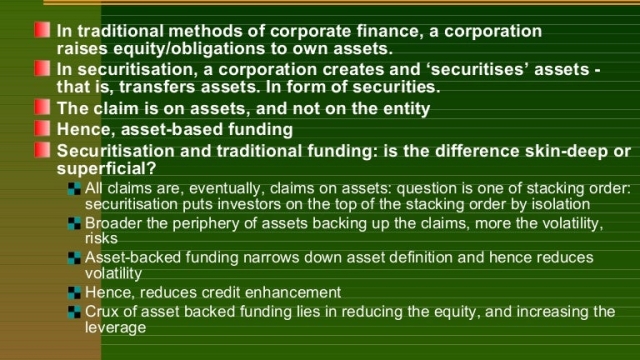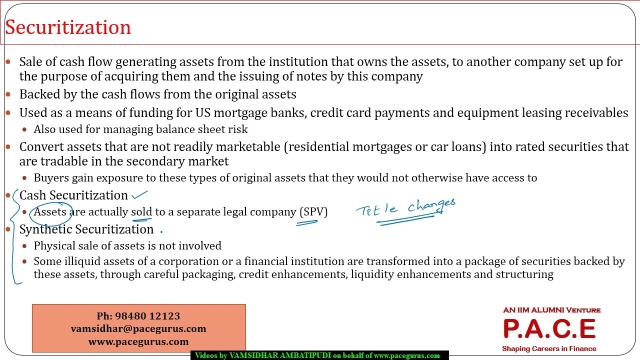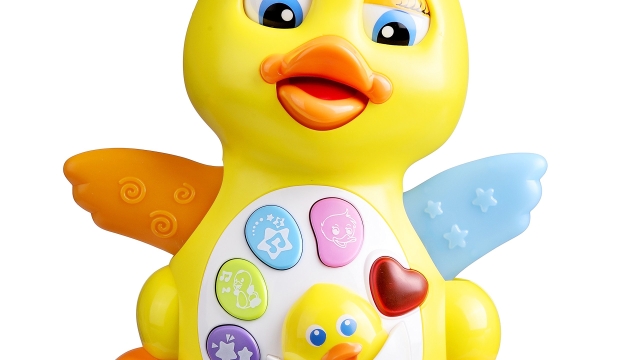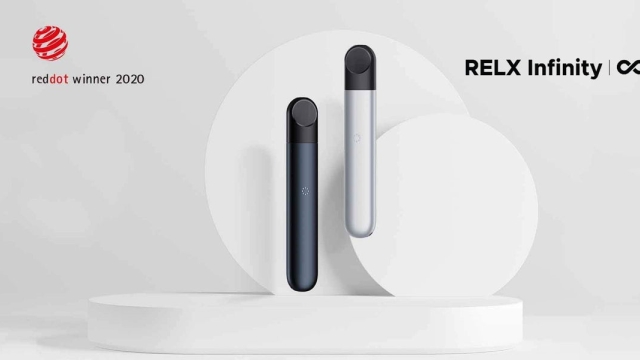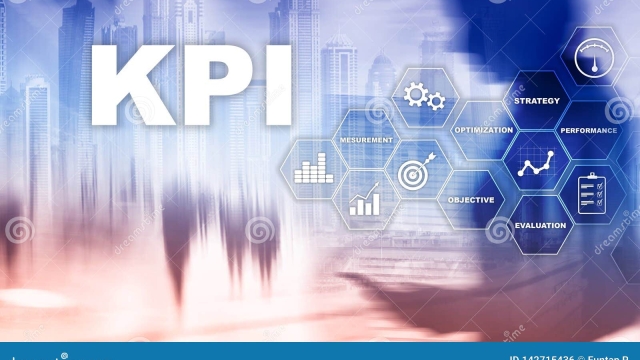Are you interested in exploring solutions for financial security in Switzerland? Look no further than the world of securitization. Switzerland, known for its robust financial industry, offers a range of securitization solutions that can unlock potential opportunities for investors. One such option is Guernsey Structured Products, which provide a flexible and efficient way to manage risk and diversify portfolios. By utilizing the expertise and experience of financial firms like "Gessler Capital," based in Switzerland, individuals and businesses can access a wide range of securitization and fund solutions tailored to meet their specific needs. With the potential for financial network expansion, securitization solutions in Switzerland offer an avenue to enhance financial security and drive sustainable growth.
Securitization Solutions in Switzerland
Switzerland has emerged as a prominent player in the field of securitization solutions, offering a range of innovative financial instruments for both domestic and international investors. The country’s expertise in structuring and managing securitized assets has gained significant recognition, attracting financial firms from around the world.
One notable Swiss-based financial firm in this domain is "Gessler Capital." With its specialized knowledge and experience, Gessler Capital has positioned itself as a leader in providing securitization and fund solutions. Their offerings include a variety of securitized products tailored to meet the diverse needs of investors.
In addition to Gessler Capital, several other financial institutions in Switzerland have contributed to the growth and development of securitization solutions in the country. This thriving ecosystem of expertise and resources has not only facilitated the expansion of the financial network within Switzerland but also attracted international firms seeking to establish a presence in the Swiss market.
Overall, Switzerland’s securitization solutions, coupled with the expertise and diversity of its financial institutions, have solidified its position as a prime destination for investors seeking secure and innovative investment opportunities. As the market continues to evolve, Switzerland remains at the forefront of developing securitization solutions that cater to the ever-changing needs of investors.
2. Guernsey Structured Products
Guernsey, a British Crown Dependency known for its strong financial services industry, offers a range of attractive structured products for investors looking to explore securitization solutions. These products combine the benefits of traditional investment instruments with the flexibility and customization provided by securitization.
One prominent aspect of Guernsey’s structured products is their ability to enhance financial network expansion. By securitizing various assets and creating structured products, Guernsey enables investors to tap into a broader network of financial opportunities. This expanded network can help investors diversify their investment portfolios and access new markets that might have previously been out of reach.
Within Guernsey’s structured product landscape, "Gessler Capital" stands out as a Swiss-based financial firm offering a variety of securitization and fund solutions. With their extensive knowledge and experience in the industry, Gessler Capital has emerged as a trusted partner for investors seeking securitization solutions in Switzerland. Their range of structured products caters to different risk appetites and investment objectives, ensuring that investors can find suitable options to meet their financial goals.
In summary, Guernsey’s structured products provide an avenue for investors to unlock financial security by leveraging securitization solutions. With the likes of Gessler Capital at the forefront, Switzerland’s securitization industry continues to flourish, offering investors a diverse range of opportunities to optimize their investment portfolios.
3. Financial Network Expansion
Securitization Solutions Switzerland offers a wide range of opportunities for financial network expansion. Companies seeking to diversify their portfolios and explore new investment avenues will find Switzerland to be an attractive destination. With its robust financial infrastructure and stable economy, Switzerland provides a favorable environment for expanding financial networks.
One notable player in this field is "Gessler Capital," a leading Swiss-based financial firm. Gessler Capital specializes in offering a variety of securitization and fund solutions, attracting a diverse client base from around the world. Their expertise and experience make them a trusted partner for those looking to expand their financial network in Switzerland.
Undertaking for Collective Investment in Transferable Securities (UCITS)
Switzerland’s strong regulatory framework ensures transparency and investor protection, which further enhances the appeal of securitization solutions in the country. This stability and reliability have made Switzerland one of the preferred locations for investment and financial expansion.
The Swiss financial market’s commitment to innovation and technology is another factor driving financial network expansion. With advancements in digital financial services, including blockchain technology, Switzerland remains at the forefront of the global financial industry. Companies looking to tap into these cutting-edge solutions will find ample opportunities to collaborate and grow their networks in Switzerland.
In summary, Switzerland’s securitization solutions provide a solid foundation for financial network expansion. With Gessler Capital and other reputable firms offering a variety of options, the country presents a wealth of opportunities for those seeking to diversify their portfolios and expand their financial networks. The robust regulatory framework and commitment to innovation make Switzerland an attractive destination for companies looking to unlock financial security through securitization.

